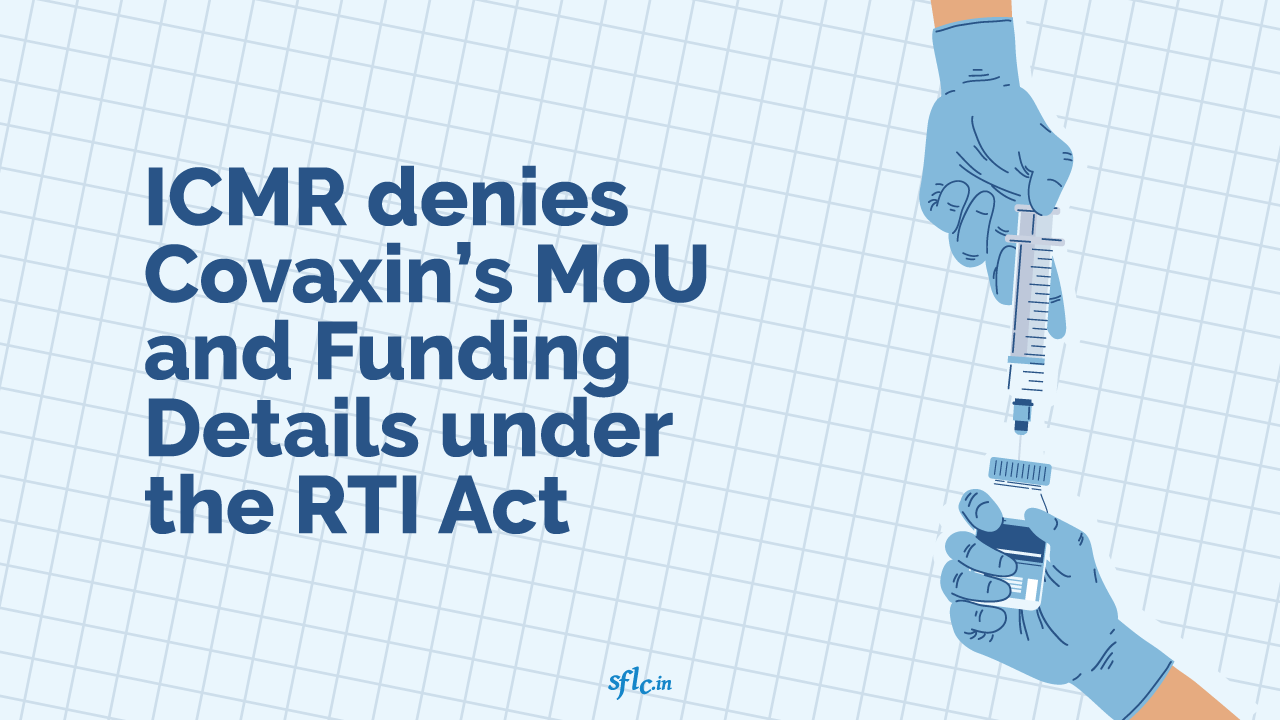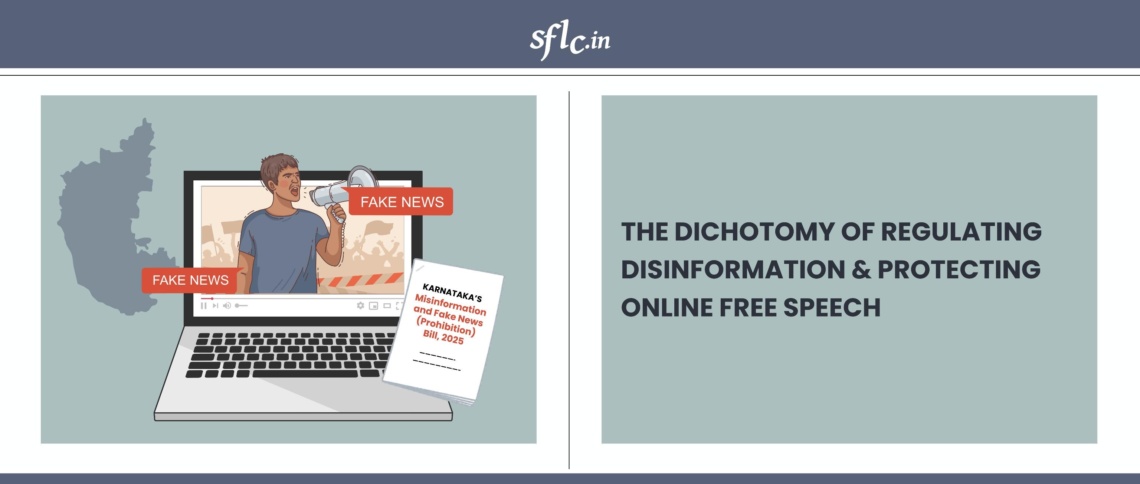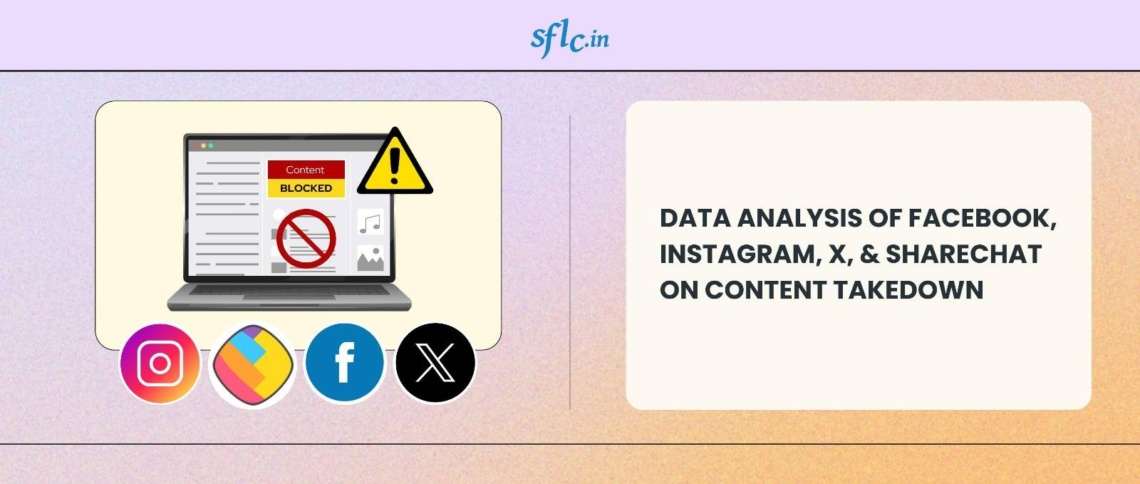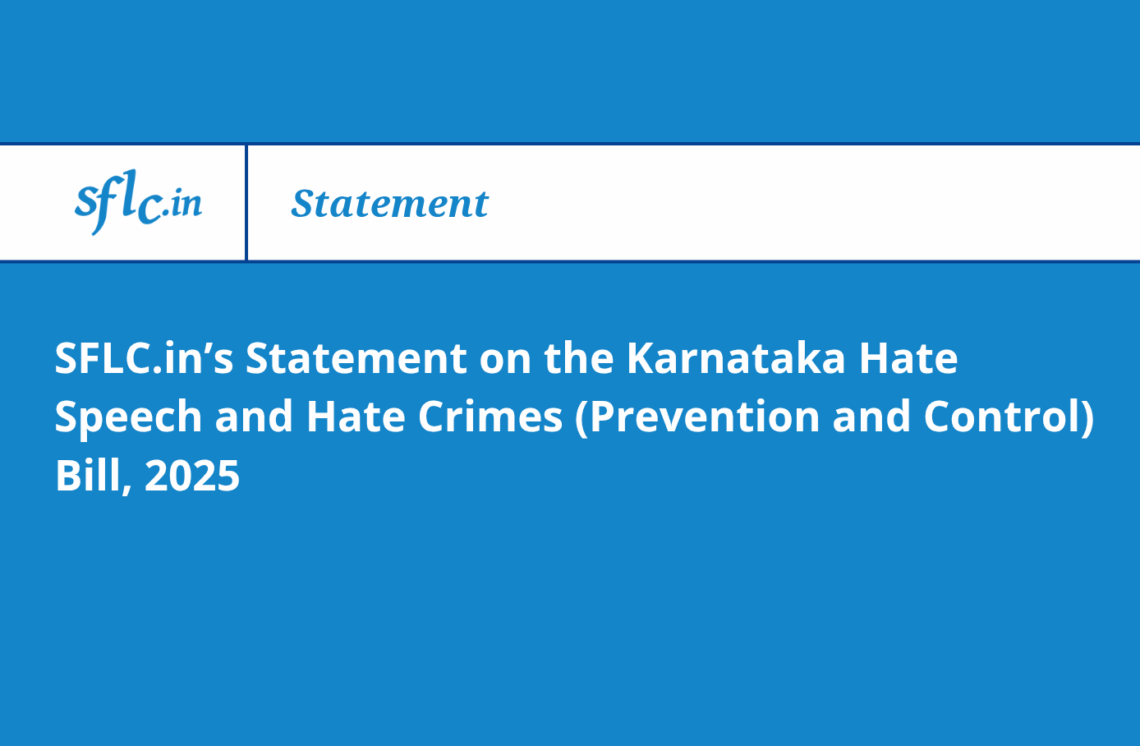ICMR denies Covaxin’s MoU and Funding Details under the RTI Act
India’s indigeneous vaccine, Covaxin, has been developed by the joint efforts of Indian Council of Medical Research(hereinafter “ICMR”) and Bharat Biotech Ltd. ICMR is the apex body in India for the formulation, coordination and promotion of biomedical research. It is funded by the Government of India through the Ministry of Health and Family Welfare (hereinafter “the MoHFW”). However, the details of the funding agreement and the intellectual property sharing between Bharat Biotech and ICMR are not available in public domain. It was recently widely reported that ICMR and Bharat Biotech had entered into a formal Memorandum of Understanding to execute the partnership.
-
Application under RTI Act with the Indian Council of Medical Research
Since ICMR qualifies to be a “public authority” under the Section 2(h) of the Right to Information Act, 2005, SFLC.in had filed an app[lication under the RTI Act, 2005 with the ICMR seeking a copy of the Memorandum of Understanding (hereinafter “the MoU”), funding details, and the royalty earned by ICMR on Covaxin sales.
In response to our RTI, the ICMR responded that the copy of the MoU between Bharat Biotech and ICMR, and the amount spent on development of the vaccine is “third party confidential information” under S. 8(1)(j). The ICMR also responded that the royalty received by it from the sale of Covaxin would be 5% on its net sales.
-
Why reliance on S. 8(1)(j), RTI Act, 2005 by ICMR to deny information is flawed?
S. 8 of the RTI Act, 2005 lays down the grounds for exemption from disclosure of information. S. 8(1)(j) reads as:
Section 8- Exemption from disclosure of information:
-
Notwithstanding anything contained in this Act, there shall be no obligation to give any citizen–
Information which relates to personal information the disclosure of which has no relationship to any public activity or interest, or which would cause unwarranted invasion of privacy of the individual unless the Central Public Information Officer or the State Public Information Officer or the appellate authority, as the case may be, is satisfied that the larger public interest justifies the disclosure of such information:
Provided that the information which cannot be denied to the Parliament or a State Legislature shall not be denied to any person.
The use of S. 8(1)(j) to deny information on MoU and cost of development of vaccine is flawed and does not have legal basis because, firstly, the information sought pertains to “public activity or interest” i.e. the development of Covid-19 vaccine and terms of agreement between a government funded entity and a private company. Secondly, this information would not cause “unwarranted invasion of privacy of the individual” involved. In this case one entity involved is a Government body while the other entity is a private company. Both these do not fall under the definition of an individual having privacy rights. In any case, the CPIO has been granted powers under the provision to share information when “larger public interest justifies the disclosure of such information.” There cannot be any doubt that the information relating to an MoU between a Government entity and a private company for development and manufacture of a COVID-19 vaccine in the current situation is in public interest. ICMR should have disclosed this information proactively instead of denying this information.
While S. 8(1)(d) also bars sharing information which includes “commercial confidence, trade secrets or intellectual property, the disclosure of which would harm the competitive position of a third party”. However, even this provision allows sharing of information which serves the “larger public interest”.
In case of Jamia Milia Islamia vs. Sh Ikramuddin (WP(C) No. 5677/2011 of Delhi High Court), it was held by the Court that “the act of entering into an agreement with any other person/entity by a public authority would be a public activity, and as it would involve giving or taking of consideration, which would entail involvement of public funds, the agreement would also involve public interest. Every citizen is entitled to know on what terms the Agreement/settlement has been reached by the petitioner public authority with any other entity or individual.” Similarly a division bench of the Jharkhand High Court in State of Jharkhand vs. Navin Kumar Singha (AIR 2008 Jharkhand 19) had held that “If the authorities of Government refuse to disclose the document, the very purpose of the Act will be frustrated. Moreover, disclosure of information, sought for by the petitioner, cannot and shall not be a trade secret or commercial confidence; rather disclosure of such information shall be in public interest, inasmuch it will show the transparency in activities of the Government….in our considered opinion a contract entered into by the public authority with a private person cannot be treated as confidential after completion of contract.”
-
What next?
SFLC.in has filed a first appeal with the First Appellate Authority at ICMR. Our first appeal was disposed off by the first appellate authority stating that “the reply of CPIO is statisfactory and in order. Third party confidential information cannot be shared under RTI Act, 2005. The CPIO has already shared the other available information.” You can read First Appellate Authority’s response here.
SFLC.in would be proceeding with a second appeal with the CIC against this decision.
In addition to this, SFLC.in has also assisted in filing of a writ petition challenging the Liberalised Pricing and Accelerated National Covid-19 Vaccination Strategy before the Kerala High Court. You can read about the challenge here.




